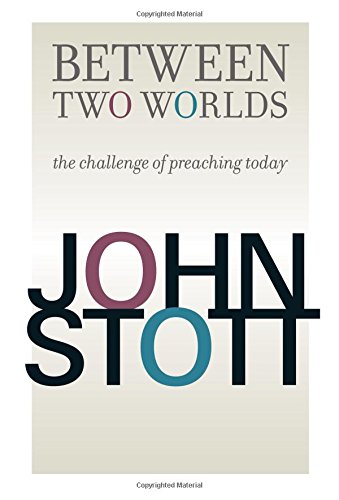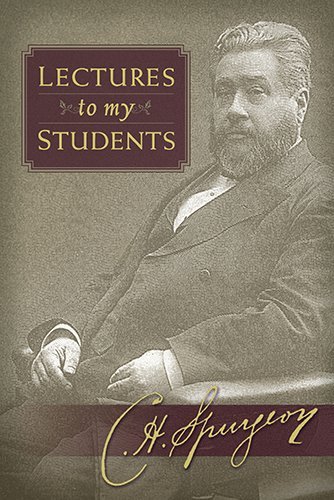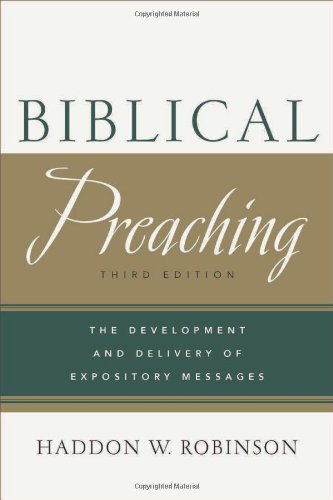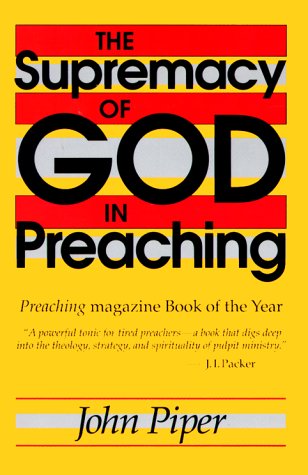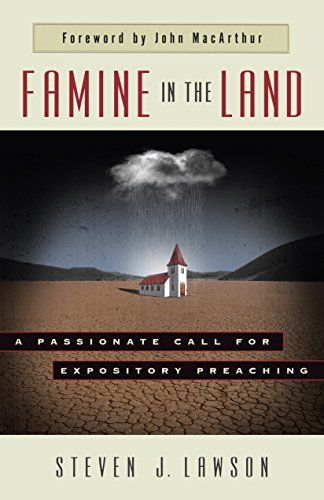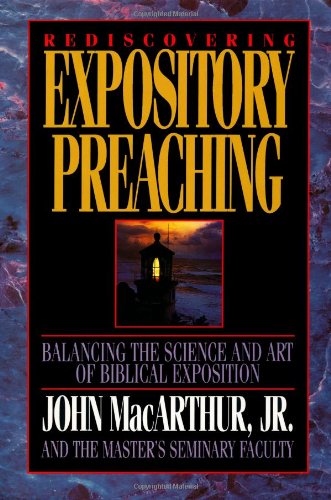Quotes about Preaching-Authority
If preachers insist on competing with psychiatrists as counselors, with physicians as healers, with politicians as statesmen and with philosophers as speculators, then these specialists have every right to tell them how to preach. If a minister’s message is not based on “Thus saith the Lord,” then as a sermon it is good for nothing but to be cast out and trodden under foot of the specialists in the department with which it deals.
[If] preachers wish to preach with divine authority, they must proclaim this message of the inspired Scriptures, for the Scriptures alone have divine authority. If preachers wish to preach with divine authority, they must submit themselves and echo the Word of God. Preachers are literally to be ministers of the Word.
Knowing that he has been drafted, fitted for ministry, entrusted with a message, and sent out in the name of the Lord, the minister ought to demonstrate the proper authority in his every action. It is not a proud or arrogant authority, nor a tyranny, nor a selfish domination; all of these would be a singular affront to the One whose commission forms the basis of his ministry. Rather, it is an authority that is displayed in adoration of the Lord, humility before the Lord, boldness for the Lord, and absolute loyalty to the Lord and His truth
Appointed to Preach, Mentor, 1999. p. 48. Get this book!
You are not your own; you are a man under orders. And the One who has drafted you and signed your orders expects that you carry them out in a manner worthy of Him, and in such a way that His authority and His kingdom cannot be ignored. Now go, labor, work, and do your duty well knowing that it is the greatest privilege under heaven to be in the personal service of the Almighty.
Appointed to Preach, Christian Focus Publications, 1999, p. 48. Get this book!
When the faithful minister is properly exegeting the Word of God, it is God Himself who is speaking to His people! Failure to hear the faithful minister is a failure to hear God Himself! Isn’t that exactly what Jesus told His disciples? “If they won’t listen to you, they won’t listen to Me!” That is why we are not to let anyone disregard us (Titus 2:15), because that would mean that we are letting them disregard Christ!
Jesus must have been an amazing preacher, because the Scripture tells us that when He preached people were amazed, which would make Him an amazing preacher. But what was the source of their amazement? He taught as one who had authority, not like the scribes and Pharisees. It is to be feared that we have far too many scribes and Pharisees in pulpits today. They do not preach with authority and the people are not amazed – amused, perhaps, but not amazed.
Jesus preached with authority. Why? Because He had authority! And the preachers of old preached with authority. They preached, “Thus saith the Lord.” We have lost that today, I’m afraid. Our preaching reflects it and the lives of our people reflect it well. They live as if the pastor had no authority, as if the elders had no authority, and, even more appalling, as if the Word of God itself had no authority. We have returned to the place of the church in the Old Testament where “every man did what was right in his own eyes.” It is true today; every man thinks what is right in his own mind, regardless of what Scripture or sound exegesis may say otherwise.
We can preach with authority because Christ has given us that authority. Did He not say, “All authority has been given to Me in heaven and earth. Go therefore and make disciples of all nations…teaching them to observe all that I have commanded you” It wasn’t “teaching them to observe all that I have suggested to you,” but “all that I have commanded you!”
The speaker’s authority does not derive from himself; it derives from the Word. It’s tied to his faithful presentation of it.
The preacher needs to realize that God’s Word is not the preacher’s word. He is to recognize himself as a messenger, not an originator (1 Thess. 2:13). He is a sower, not the source (Matt. 13:3, 19). He is a herald, not the authority (1 Tim. 2:7). He is a steward, not the owner (Col. 1:25). He is the guide, not the author (Acts 8:31). He is the server of spiritual food, not the chef (John 21:15, 17).
God’s Word by John MacArthur and Richard Mayhue taken from Biblical Doctrine by John MacArthur and Richard Mayhue, copyright 2017, Crossway Books, a division of Good News Publishers, Wheaton Illinois 60187, www.crosswaybooks.org. Page 133.
In our own day, there is no shortage of preachers who are willing to oblige such self-centered hearers. By and large, the most popular preaching is broad-minded, anecdotal, entertaining, ego-building, and, above-all, never confrontational or dogmatic. It offends no pride, disturbs no conscious, and is a clear reflection of the humanistic spirit of the age, in which tolerance and unity at any cost are the supreme virtues.
The preacher must put himself out of the way and let God’s Word speak through him unhindered. No matter what his training, experience, or personal abilities, he has spiritual authority only to the extent that what he says conforms to God’s Word. But as with Jesus’ own teaching, when a minister of God does faithfully proclaim that Word, those who reject his teaching reject God’s truth and are as much accountable for their rejection as if the Lord had spoken the truth with His own lips. It is in that way, and only in that way, that a pastor is able to speak with spiritual authority. It is also in that way that he is commanded to speak with spiritual authority.
There is only one authority that is the preacher’s authority, and there is only one authority that undergirds and justifies his teaching ministry, and that is the authority of the Word of God. This Word is inerrant, infallible, authoritative, and trustworthy. It is that Word, and that Word alone, that is our authority; and it is not only the foundation, but the substance, the content of our teaching and preaching.
Feed My Sheep, ed. Don Kistler, Soli Deo Gloria Ministries, 2002, p. 28. Get this book!
The preacher comes with good news; but he does not come with something to be trifled with. His message has an insistent demand, because he comes from a King.
The business of the preacher is to stick to the passage chosen and to set forth exclusively what it has to say or suggest, so that the ideas expressed and the principles enunciated during the course of the sermon plainly come out of the written Word of God, and have its authority for their support rather than just the opinion or the enthusiasm of their human expositor (Alan Stibbs).
The authority of the pastor is derived and declarative. In other words, the pastor has authority only insofar as what he is saying is faithful to the Message of the One who has sent him (Mark Dever and Paul Alexander).
Decision Making: How to Talk About It, taken from The Deliberate Church, © 2005, Crossway Books, a division of Good News Publishers, Wheaton Illinois 60187, p. 191, www.crosswaybooks.org.
How you preach is what you think about the Scripture (H.B. Charles).
The source of my authority in this pulpit is not…my wisdom; nor is it a private revelation granted to me beyond the revelation of Scripture. My words have authority only insofar as they are the repetition, unfolding and proper application of the words of Scripture. I have authority only when I stand under authority. And our corporate symbol of that truth is the sound of your Bibles opening to the text. My deep conviction about preaching is that a pastor must show the people that what he is saying was already said or implied in the Bible. If it cannot be shown it has no special authority.
The Wisdom of Men and the Power of God, 1 Corinthians 2:1–5, July 13, 1980. www.desiringGod.org, Used by Permission.
Can a self-called man preach with the same authority as a God-called preacher? Can a man whose confidence in the Holy Scriptures is shaken by personal doubts preach with the authority of the man whose whole heart, soul and mind are dominated by conviction concerning the absolute accuracy of the Bible? Can a man whose own conscience rises up in condemnation of him for some secret sin in his life preach with the same authority as the man whose conscience condemns him not (I John 3:21-22)?











